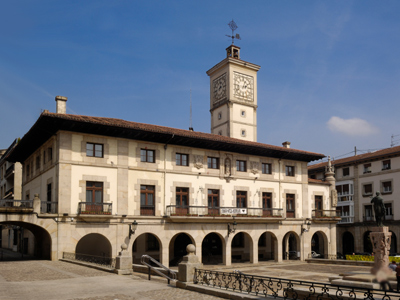
World War One Aftermath: 1933-1938 The Policy Of Appeasement
In GCSE History, students will look at the aftermath of World War One. One topic that is covered is Nazi Germany and her relations with other countries during the 1930s. This is the third of four quizzes on that subject. and it focusses on the policy of appeasement towards Nazi Germany.
Hitler's Nazi Party came to power in 1933, and immediately Hitler began his attempt to dismantle the Treaty of Versailles: in 1933 Germany left the League of Nations and the Disarmament Conference. Britain was faced with a choice of policy: either give Hitler what he wanted ("appeasement"), or stop him, which would mean war.
Find out more about the policy of appeasement in this quiz.
Ready for more?
not all...
quizzers. Try to win a coveted spot on our Hall of Fame Page.







